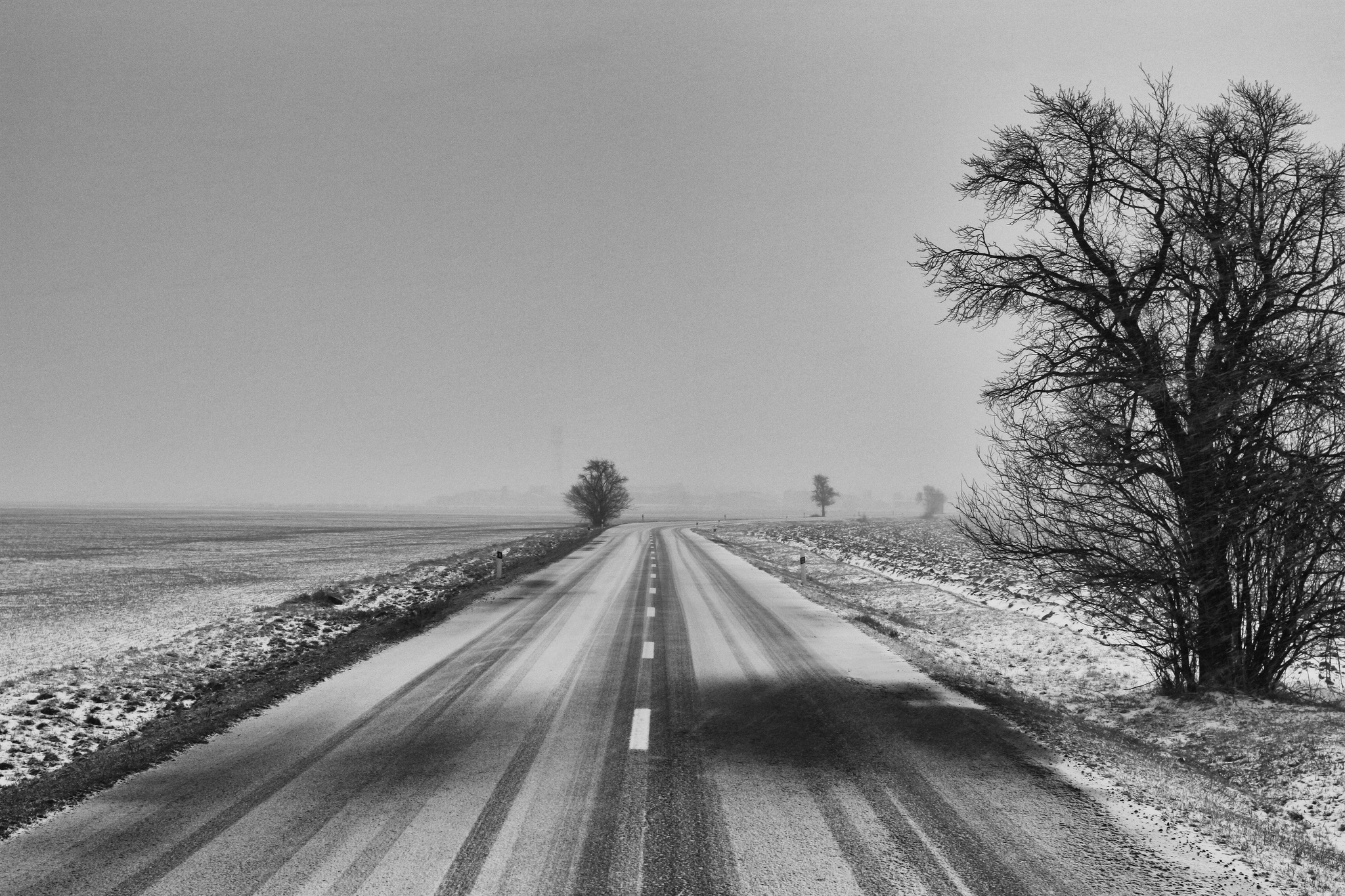I’ve cried in public more times than I can count. I’ve cried openly on the bus after saying goodbye to a loved one, I’ve cried at parties, and I’ve cried at work. Yesterday I sat in a coffee shop and told a trusted friend about a bunch of shit that I’ve been going through lately, and cried with the pain and the release of a host of feelings I can barely describe.
I’ve lived with depression and anxiety for most of my life, and for me crying is a part of that. Crying in public has allowed me to get through my worst moments and release feelings that needed to be released. I don’t really care what strangers think, and I’ve been lucky enough to have friends who are pretty supportive and non-judgemental.
But breaking down in public is a almost taboo for many people. Even in the age of “Bell Lets Talk”, when our society is — supposedly — breaking down mental health stigma, Not Being Okay in public is still a pretty big deal. Even if you’re just crying in a coffee shop, social norms dictate that you should dry your tears before going up to order something, never mind the stares and ignorance that you’ll get if you have a panic attack or a more serious mental health crisis in a public place. People also tend to get judgemental of folks who speak openly about their current emotional pain in public or on social media. Although talking about it in the past tense has been increasingly acceptable, those things are generally supposed to be relegated to the private sphere.
This reality pains me. Not only because it encourages people, especially men, to bottle up their pain, but also because it separates us humans from what is happening around us. Do we have any idea how our neighbours are feeling? Our community? How do we know truly know how people are impacted by political realities if we don’t know how anything about their emotions?
The taboo around public pain is part of how capitalism separates us from each other. Like the nuclear family, it encourages us only to look out for ourselves and our kin, and not to learn to care for others.
Jokes about celebrity deaths aside, 2016 has been a really difficult year, and I know lots of people who have been impacted by the political realities of our time. Not just the prospect of Trump presidency and its potential consequences, but also neoliberal cuts to health care and social services that affect literally everyone, directly or indirectly. All these things are a cause of pain.
2016 has exacerbated mental illness for lots of us. I don’t have a strong statistical analysis to back that statement up, but when I look around at the people I know, I know that it’s true. We know that marginalized people (particularly disabled people, indigenous people, and queer and trans folks) are more likely to experience mood disorders, and so it is logical to conclude that oppression is a major cause of mental illness. While we are descending into late capitalism and the era of Trump, the issue is going to become larger.
I’m not generally a proponent of mental health stigma “awareness”, because I think the people who speak loudest about stigma often erase the structural causes of mental health. But to find the solutions, to find community support, we need to be able to be honest about how we’re doing, sometimes even with strangers. Can we do that? It’s very unsafe for many people, especially people of colour, to break down in public (in the worst cases, you can get apprehended by police), but I also think the only way to change cultural taboos is to break them. Openly, and over and over again.
We know that “civilized”, “rational” arguments are not winning us any kind of socialist utopia anytime soon. Much of the post-election analysis of Trump seems to have come to a consensus that fact-checking will not stop fascism. Maybe it’s time to start using the “irrational”. Maybe forcing others to see our feelings and to understand the effects of what this society is doing to us will help us turn the tides and make people understand.
Yoda said that “fear leads to anger”, and he meant us to be cautious about fear, but if we’re going to fight the Donald Trumps of this world, we need to turn our fears and our pain into collective rage. We need anger — public, collective anger — against the system that’s trying to tear us down. And we need to channel our rage into work against capitalism.
As I said, it’s not safe for everyone to be open about their mental illnesses and their pain. But for those of us who can, we need to be open, and we need to learn to listen and to create the space for others to be open, too.
Like this article? Please chip in to keep stories like these coming.




